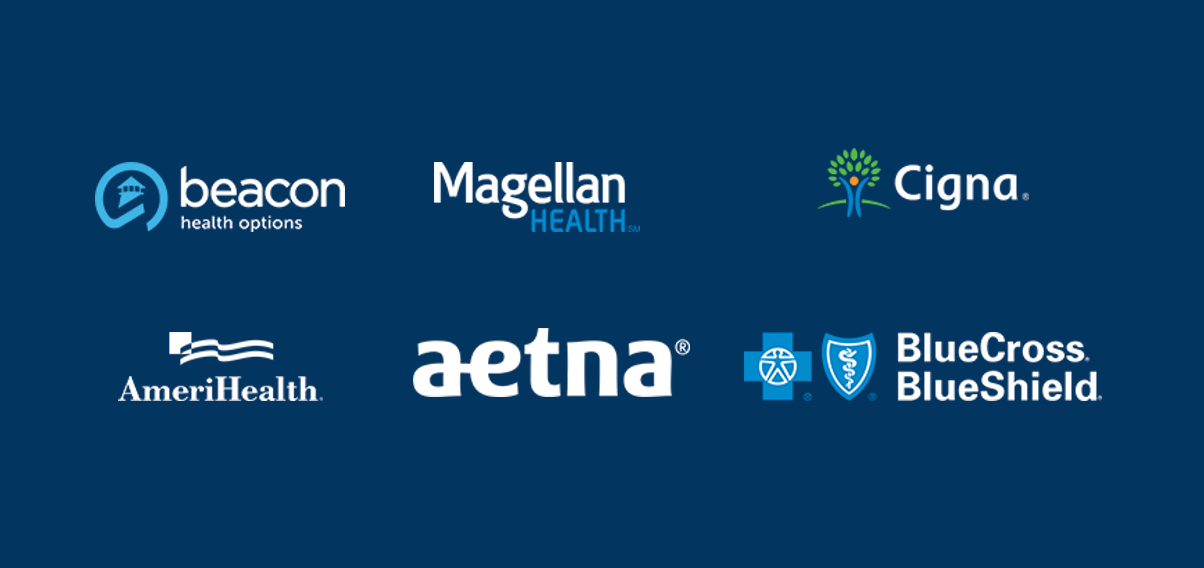Do Emergency Admission Rehabs Offer Mental Health Treatment?
Emergency admission rehabs primarily focus on addressing substance abuse and addiction issues, and they are designed to provide immediate assistance to individuals facing a crisis related to drug or alcohol dependence. While these facilities prioritize detoxification and stabilization for substance use disorders, they may not always offer comprehensive mental health treatment as their primary focus is addiction.
However, it’s important to note that many people with substance use disorders also have co-occurring mental health conditions, such as depression, anxiety, bipolar disorder, or PTSD. Recognizing the connection between mental health and addiction, some emergency admission rehabs may offer limited mental health support or referrals to mental health professionals for evaluation and treatment.
Co-occurring disorders, or dual diagnosis or comorbidity, refer to two or more mental health disorders happening simultaneously in an individual. These disorders can be complex and challenging to manage, and they often interact with and exacerbate each other. Some common co-occurring conditions include:
Substance Use Disorder (SUD) and Depression:
- Substance abuse can lead to or worsen depression symptoms.
- Depression can increase the risk of substance abuse as individuals may use substances to self-medicate or alleviate emotional pain.
Substance Use Disorder and Anxiety Disorders:
Bipolar Disorder and Substance Use Disorder:
- People with bipolar disorder may experience mood swings between depressive and manic states.
- Substance abuse can trigger or exacerbate these mood swings, making it challenging to manage symptoms.
Post-Traumatic Stress Disorder (PTSD) and Substance Use Disorder:
- Trauma and PTSD symptoms can increase the risk of developing a substance use disorder, as individuals may use substances to cope with traumatic memories or feelings of distress.
Schizophrenia and Substance Use Disorder:
- Substance abuse is more common among individuals with schizophrenia.
- Drug or alcohol use can interfere with medication adherence and exacerbate symptoms of schizophrenia.
Delaying treatment for co-occurring disorders, where individuals grapple with multiple mental health conditions simultaneously, can have serious repercussions. When left unaddressed, these conditions intensify, creating a troubling cycle of self-medication and worsening symptoms. Co-occurring disorders necessitate specialized treatment that tackles both issues concurrently. A delay in seeking help can complicate the therapeutic process, making it more challenging to achieve lasting recovery.
Furthermore, individuals facing co-occurring disorders are at a greater risk of relapse if only one condition is addressed. By simultaneously treating both disorders, the chances of sustaining recovery significantly improve. Effective treatment mitigates the severity of symptoms and enhances overall quality of life. This encompasses improved mental health, healthier relationships, and increased well-being.
Delaying treatment poses risks such as accidents, legal problems, health complications, and even suicidal tendencies—particularly when substance abuse is involved. Timely intervention reduces these risks and fosters a safer and more stable environment.
Ultimately, seeking professional assistance, including therapy, medication, and supportive resources, is vital for managing co-occurring disorders. Such intervention can help individuals regain their ability to function effectively in various aspects of life, including work, relationships, and daily activities.








